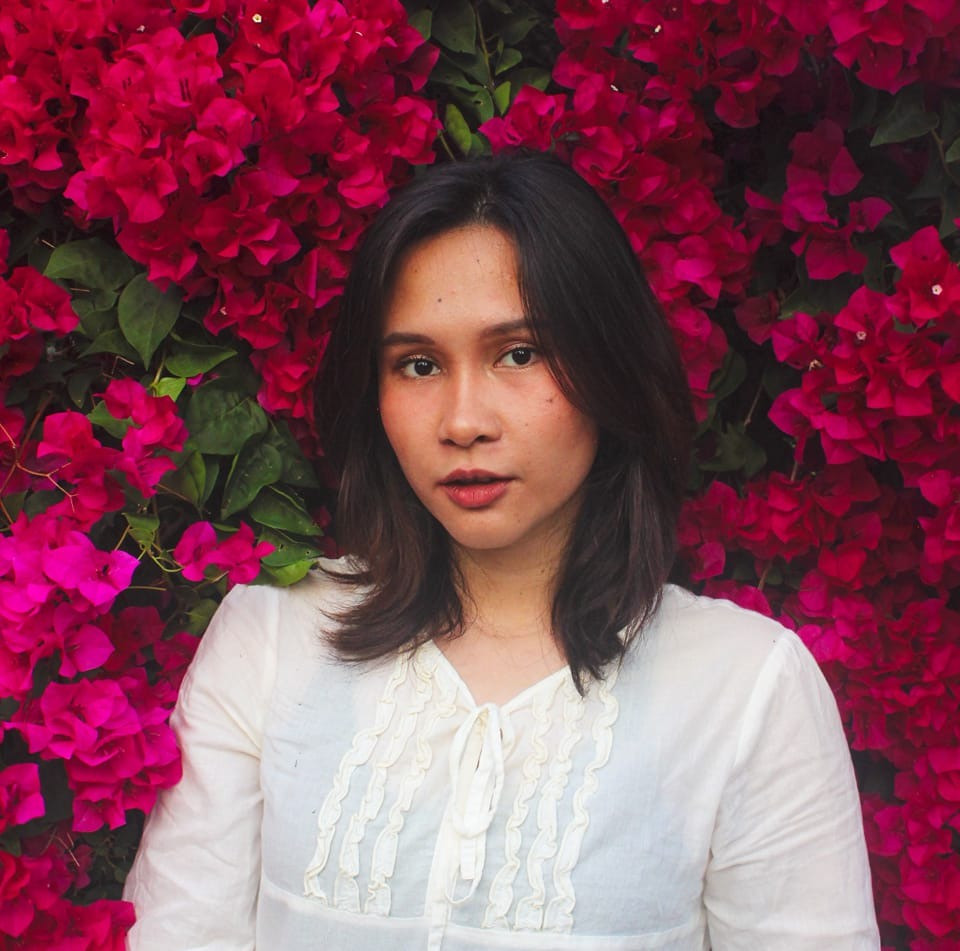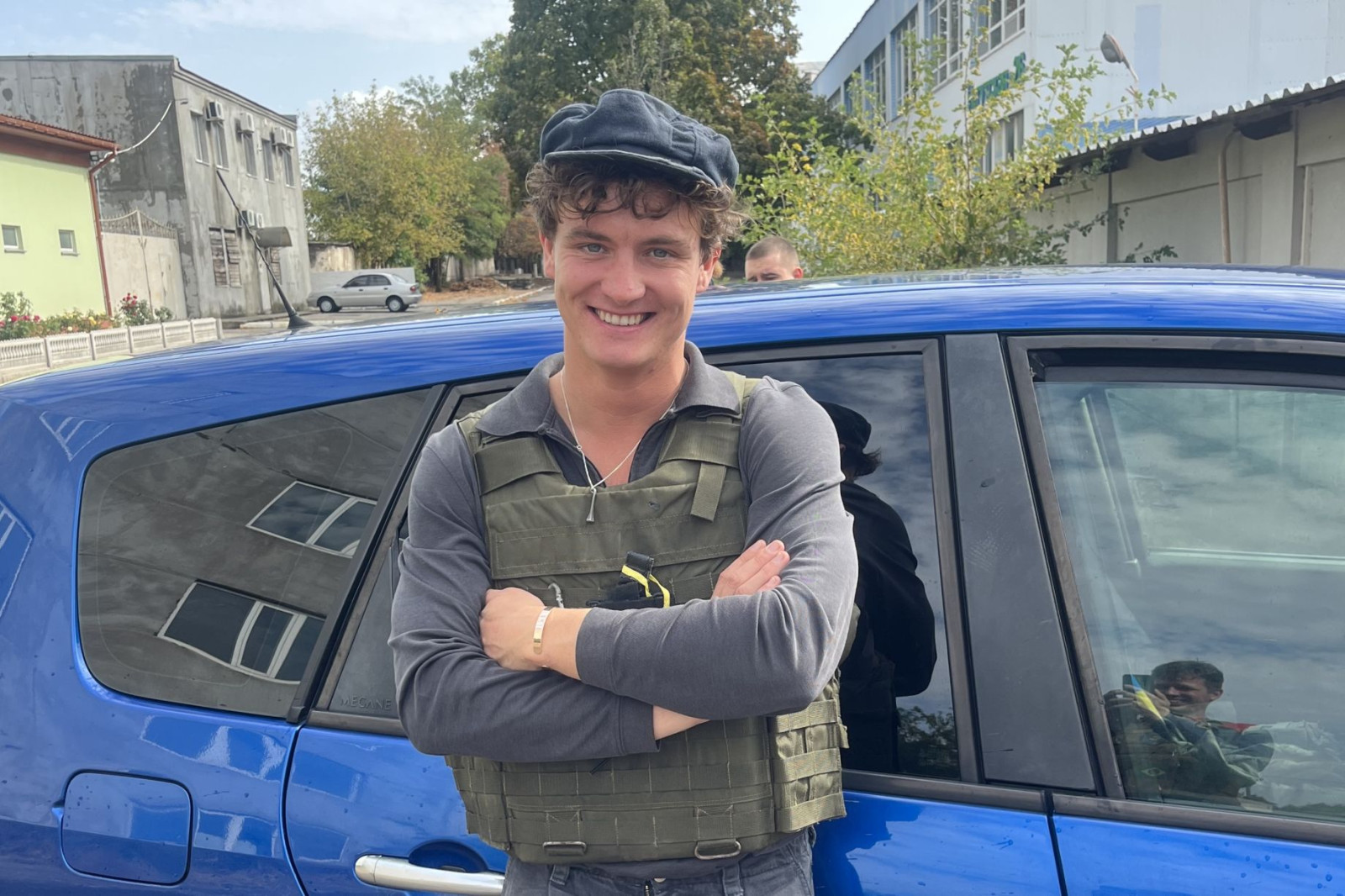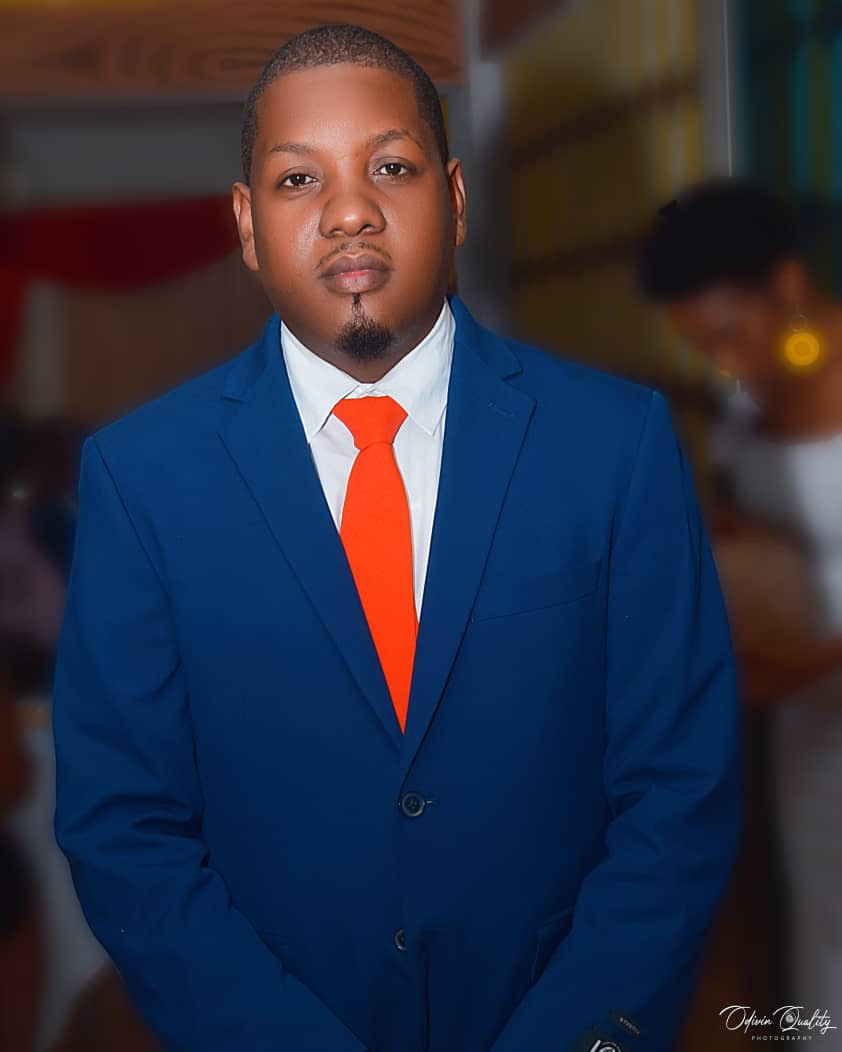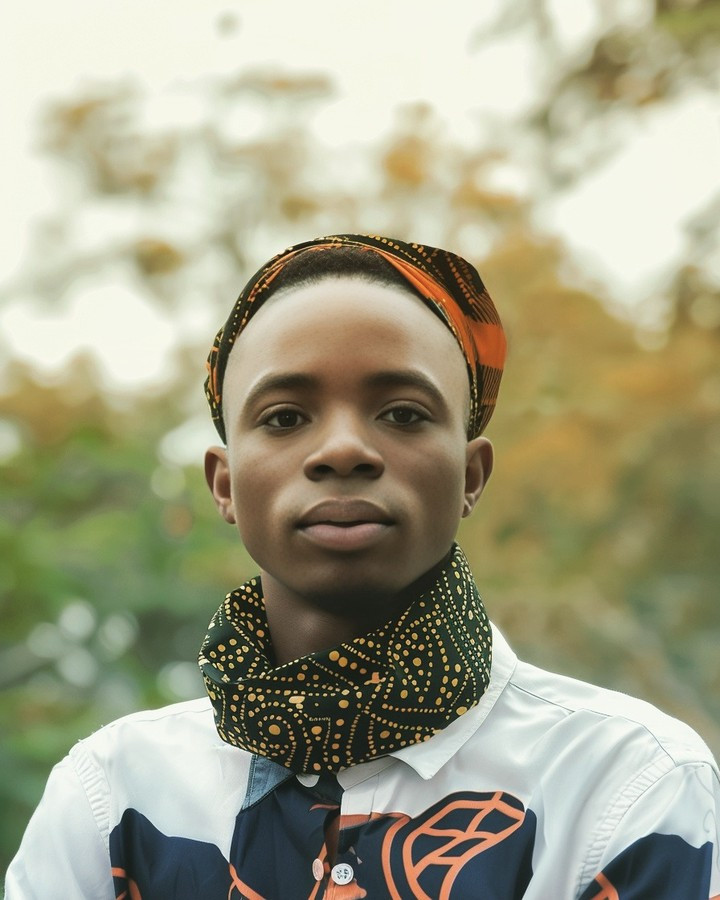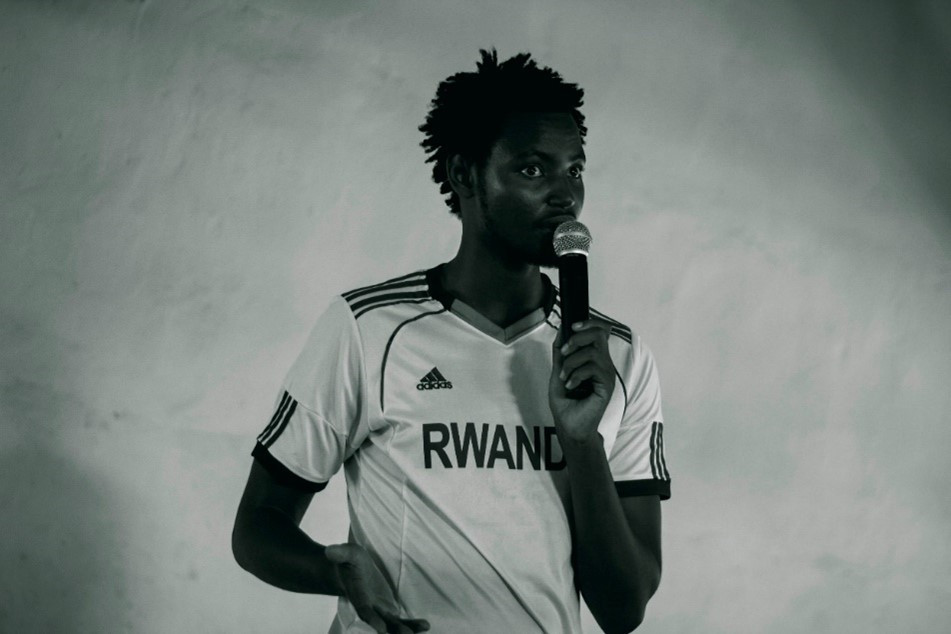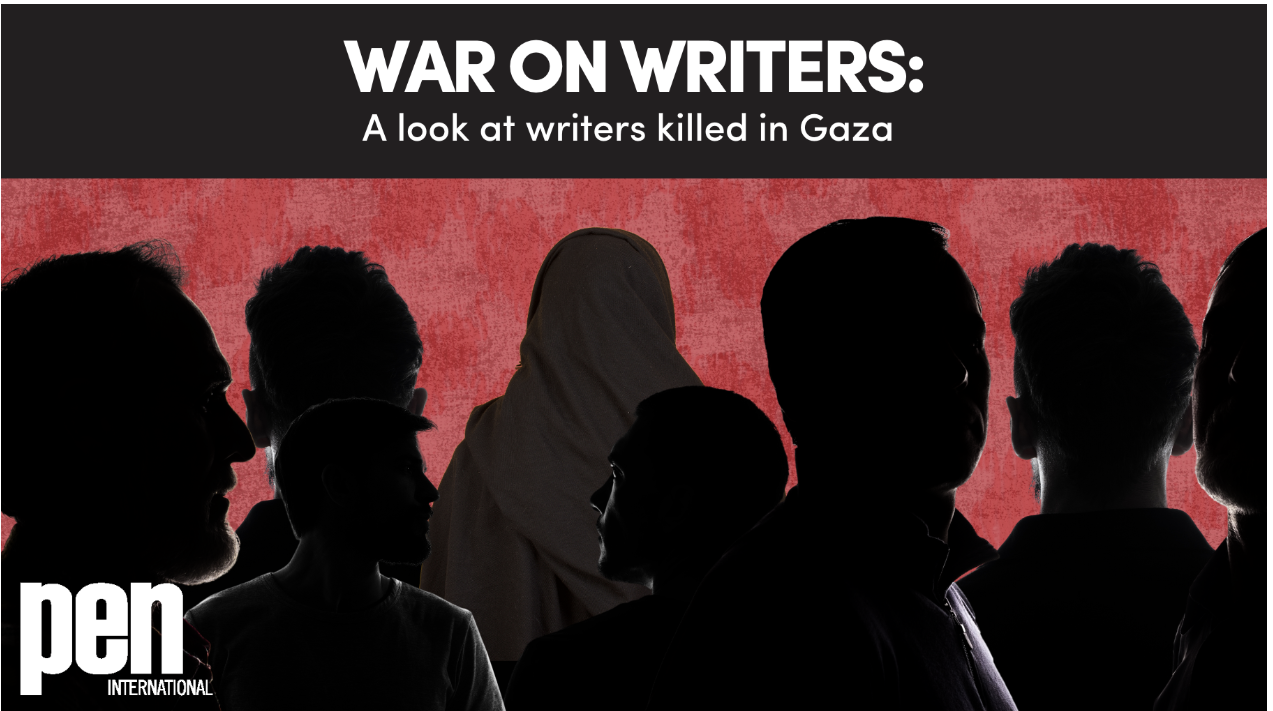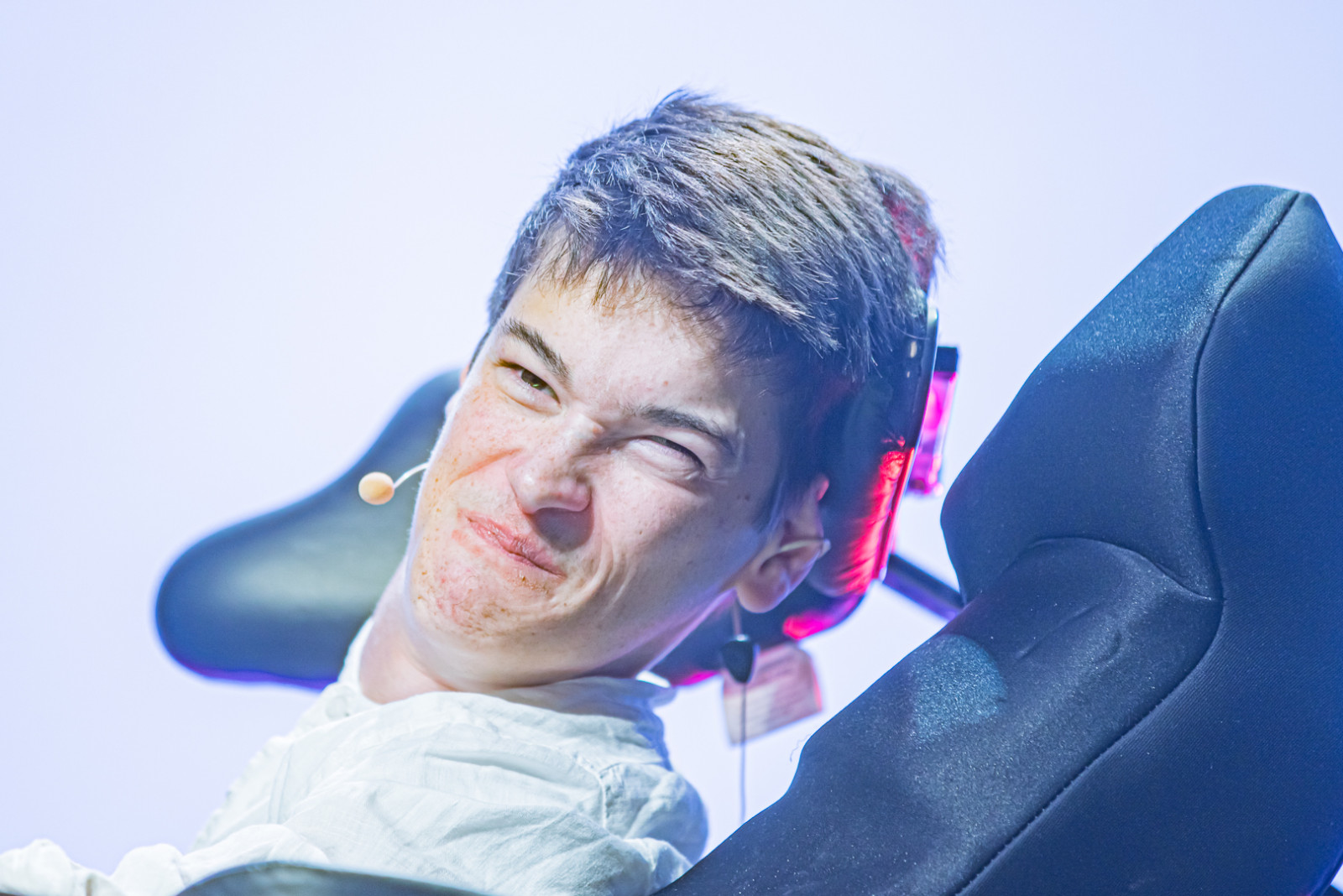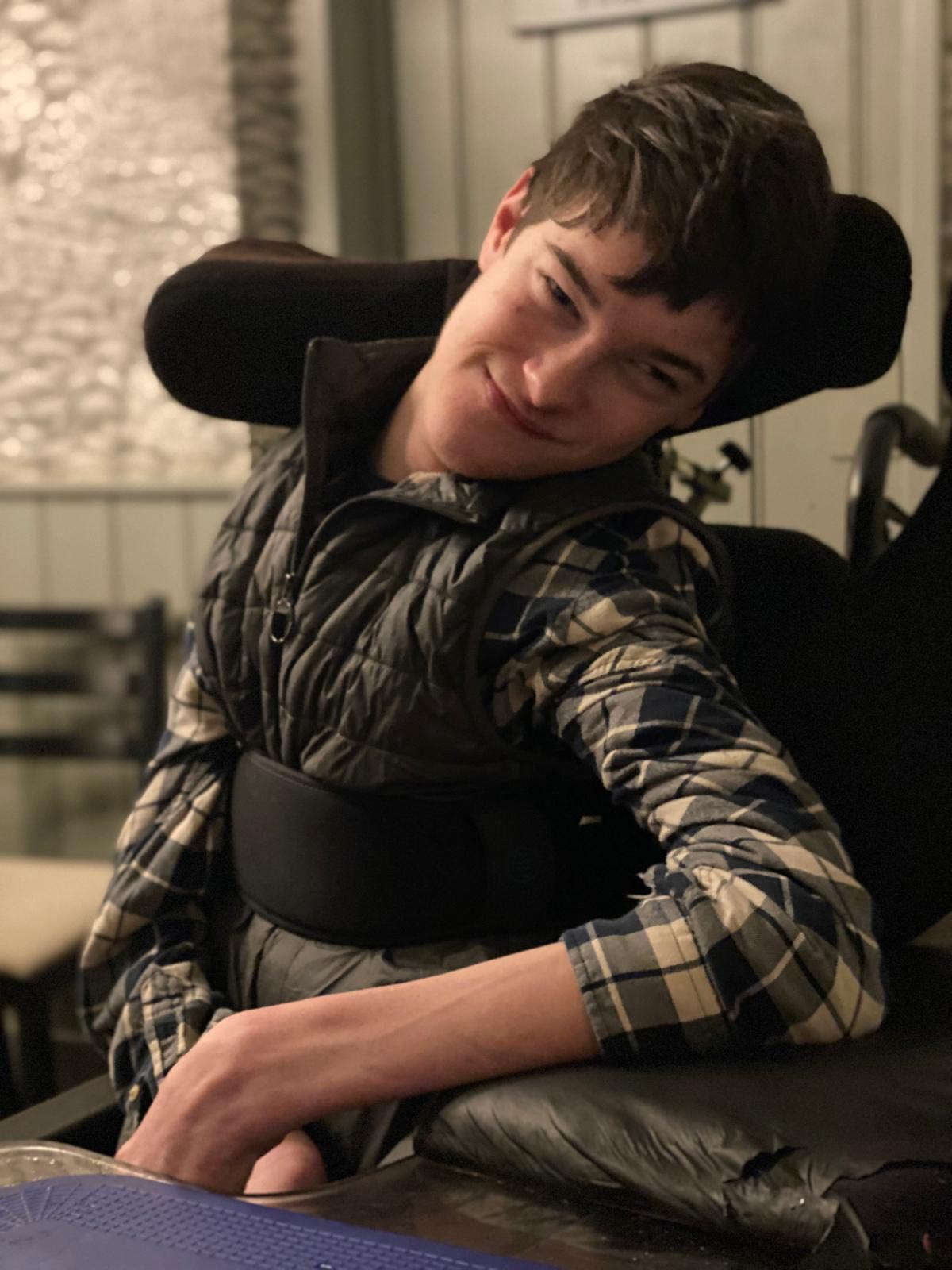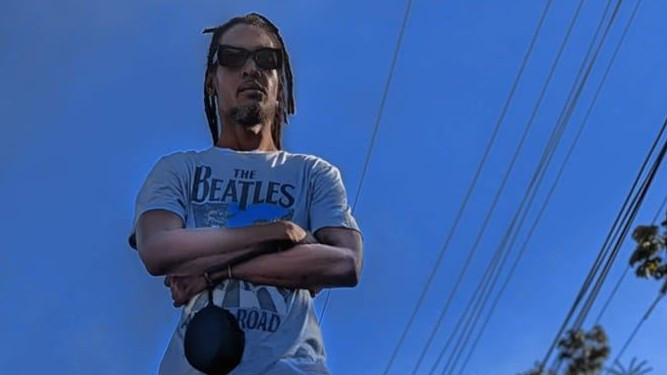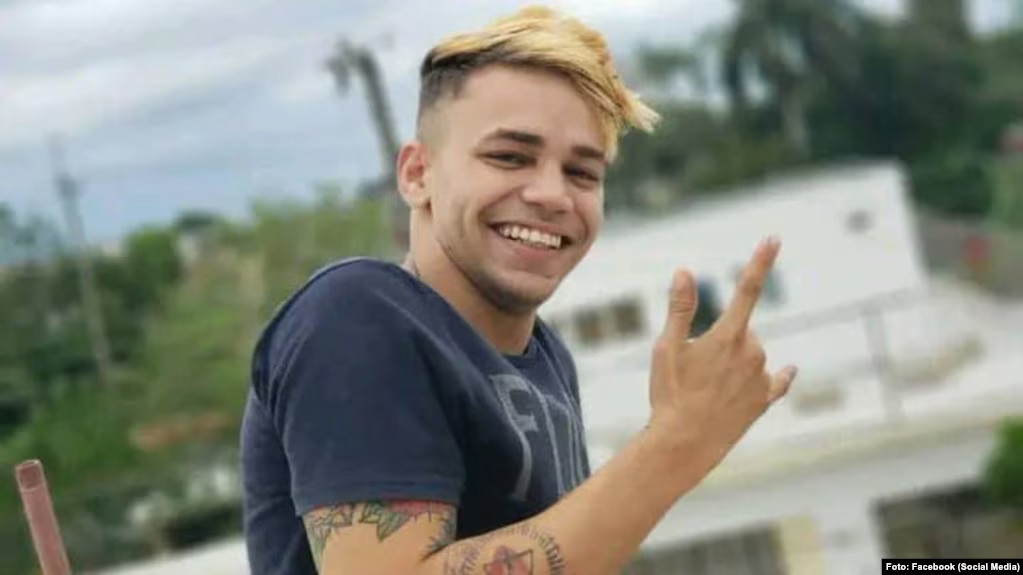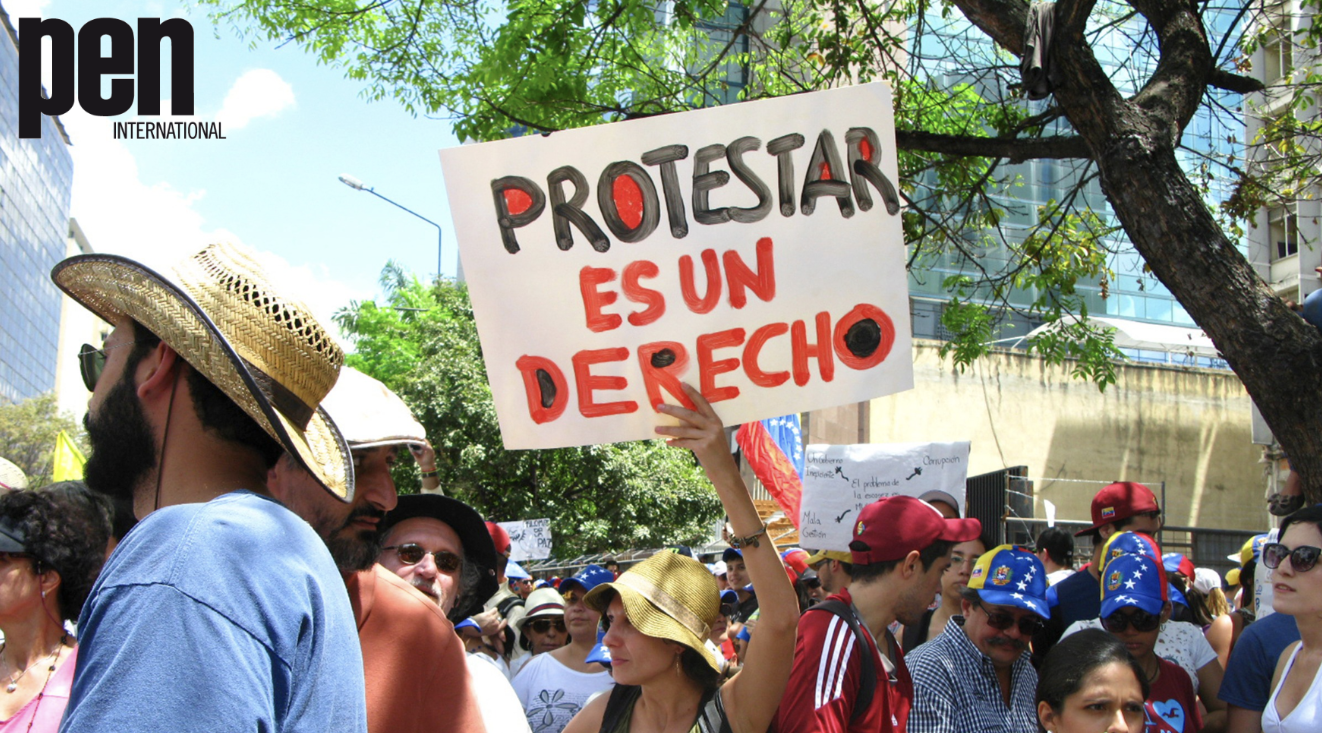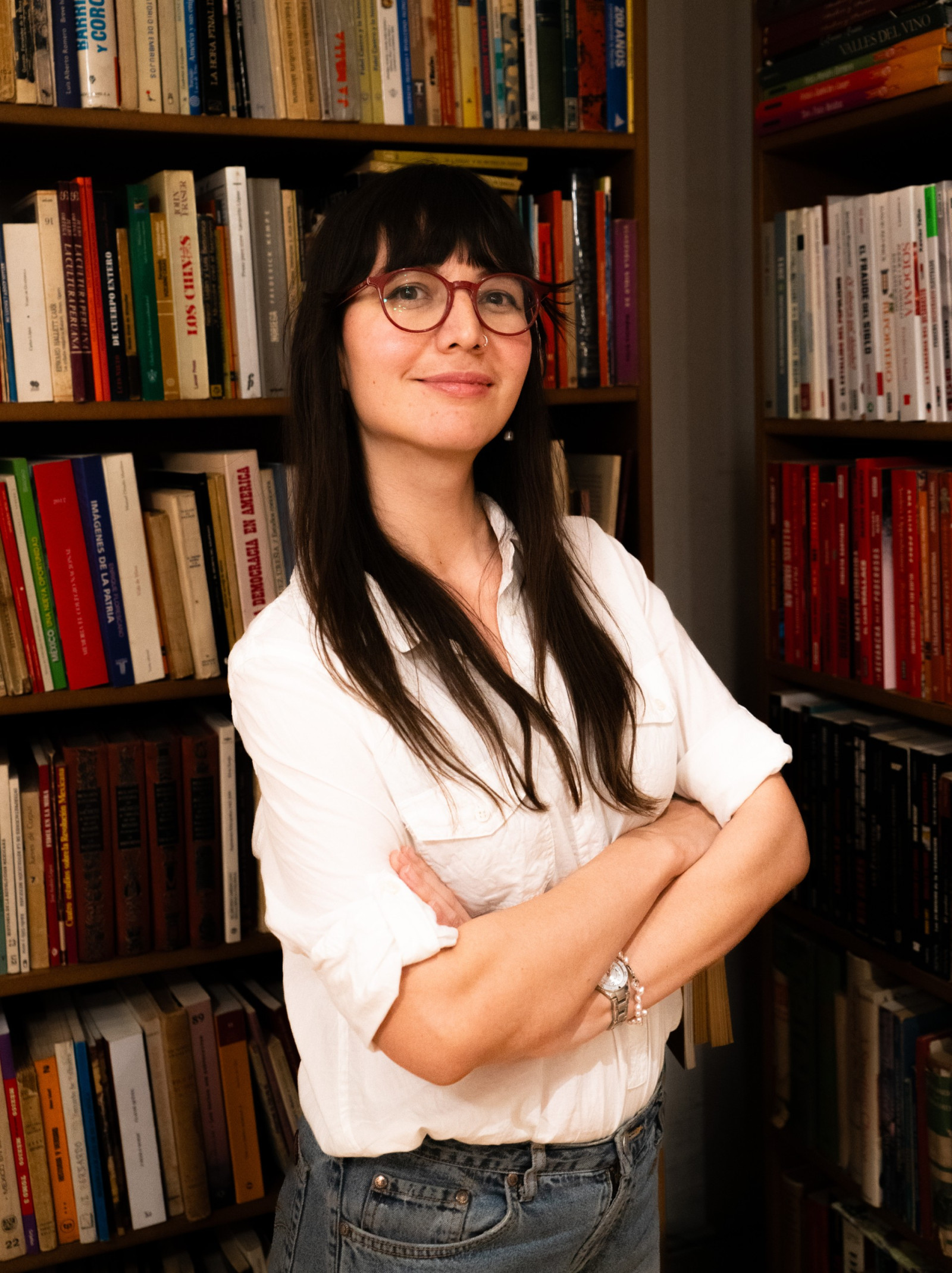My story isn’t unique.
It’s a story of luck.
I come from a small town in the Philippines — San Jose, Occidental Mindoro. We only ever make the news when the heat index is too high, when typhoons hit us, or when China’s naval ships attack our fisherfolk, sparking online outrage often at the expense of our people. It’s fitting that this year’s theme of is the Year of Resistance.
I left the Philippines in February 2020, before the lockdown hit, thinking COVID would pass quickly but I’ve yet to return. I was in my third year at the University of the Philippines Open
University (UPOU), and I managed to continue studying remotely while in Thailand. Although the pandemic delayed my expected graduation, I’m grateful to say I completed my studies. I didn’t lose academic progress — but like many students, I had to adjust to uncertainty and isolation.
In 2021, I enrolled at Mahapajapati Buddhist College in Thailand. It was there that I began to realize some of my goals — goals that might have placed me in danger had I pursued them in the Philippines. Civil society work at home is not always met with support. Volunteer teachers in Lumad and Indigenous schools are often red-tagged, and when someone is labeled a “communist,” it becomes synonymous with “terrorist” even when it’s simply not true.
I don't know if my story would be the same had I stayed. Perhaps I would have chosen eco-activism for my social action project — something my hometown desperately needs. But that’s not what unfolded.
I was raised by my great-grandmother, grandaunts, and uncle, while my older brother and I visited our parents — migrant English lecturers in Thailand — only from time to time. It wasn’t until 2015 that I learned the full story, shared casually over dinner: years earlier, they had been threatened by a high-ranking military officer for their activism against a mining corporation operating in Mindoro. Though that threat was years behind us, its shadow remained.
Even in 2020, before I left, my grandaunts would still check my luggage before travel —especially if I packed books. Subversive books, they’d say. I’d sneak them out anyway. I loved reading. I wanted to study writers like F. Sionil Jose — not because of his politics, but because of his prose. Still, the fear lingered. The memory of being silenced remained.
I didn’t begin as an activist and to this day, I’m not sure I’d call myself one. I’ve never taken to the streets. But I’ve always believed in the power of stories.
As a teenager in the Philippines, I wrote at Moviepilot, a website about movies and TV series. I didn’t write to be an activist; I wrote because storytelling moved me. Because stories, whether fiction or real, carry truth. That love for storytelling was my first quiet resistance, even if I didn’t know it yet.
Later, at 19, I self-published an article titled Cartoons and Fake News: A Rude Awakening into the Plague of a Digital Society on Vocal Media, then pitched it to InqPop, the pop culture arm of the Philippine Daily Inquirer, where it was accepted and published. This was my first direct engagement in tackling disinformation — and it included a critique of a former presidential spokesperson.
And we were not surprised — though deeply disappointed — to learn that this former spokesperson is now wanted for human trafficking, linked to Philippine Offshore Gaming Operations.
This is what happens when power is shielded from accountability: crime flourishes under the cover of legitimacy.
These injustices are not isolated, they are symptoms of a larger global pattern.
The freedom and emancipation of countries in the Global South — of our peoples, our children, our futures — hinges on what the Global North allows to happen to the most vulnerable. Again and again, chaos is manufactured. They pour weapons into unstable regimes. They prop up fascist interim governments with one hand while sending thoughts and prayers with the other.
And then — they act surprised. They lament the influx of refugees, as if they had no bloody hand in the crisis. As if history and memory can be erased by borders, by bureaucracy, or by silence.
But we know better.
The so-called Third World is not some accident of geography. It is the deliberate aftermath of colonial conquest. And its aftershocks - militarized aid, debt traps, extraction economies — are still unfolding today.
We are all interconnected.
From Palestine to Sudan.
From Myanmar to the Philippines.
From Bangladesh to Congo, Eretria, Rwanda,Syria, Afghanistan, Lebanon, Ukraine — and from the many places that rarely make the headlines but carry the heaviest burdens of global neglect.
These are not separate struggles. They are threads in the same global tapestry of resistance.
And so I say this with all my heart:
There is no freedom for one of us unless there is freedom for all of us.
Our liberation is collective.Our emancipation must be shared.Because true peace is not built on domination, or surveillance, or silence.It is built on justice.It is built on memory.And it begins with us.
That’s the spirit behind my project. Through Awareness 360, I helped bring anti-human trafficking and cyber-scamming awareness to Thai schoolchildren and students at my college.
With the help of International Justice Mission–Thailand, we trained ourselves first — then brought that knowledge into the community.
We focused on making the issue understandable to children using stories, discussions, and simple visuals — while emphasizing that even those who scam may be victims themselves.
One moment that deeply touched me happened at Pordang Village School. A student thanked us and said she wanted us to come back not just because we taught her something new, but because we made learning fun and meaningful. Another student shared that she had seen cyber-scams on Facebook disguised as games, and said she now knew how to spot them. Their words, translated to me by our volunteer, Hom Mai, reminded us why this work matters: because even children are navigating online dangers that adults barely understand.
Awareness is only the beginning.
To confront exploitation, we need action — not just from youth, but from every pillar of society.
To the academic institutions — especially those in the Global North — who teach the fundamentals of revolution, justice, and critical thinking: we’ve learned so much from their syllabi, seminars, and scholarship.
But sometimes, when these struggles unfold in real life, in the Global South — we feel the silence.
We wonder: how might we bridge that gap between theory and solidarity?
Governments, instead of targeting citizens with valid concerns, must listen, offer real solutions, and uphold justice.
Civil society must continue grassroots education.
Faith institutions — churches, temples, mosques — must not remain silent in the face of injustice.
And families must be empowered to speak openly with children — to teach them how to question, recognize, and report danger.
These are not individual responsibilities. They are collective ones.
Grassroots activism faces enormous challenges: lack of funding, surveillance, red-tagging, burnout.
In the Philippines, even the smallest act of digital dissent — a critique, a cartoon, a tweet can result in arrest or worse, thanks to the Anti-Terror Law. What began under Duterte is now wielded by his successor, the son of the late dictator. This is not democracy; this is repression repackaged.
Those in power — in governments, in tech, in global institutions — must recognize this moment as urgent.
Because if our lives can be criminalized for seeking justice, then those at the top must ask themselves:
What are you protecting? Who are you protecting it from?
This struggle must matter to them as much as it matters to us. Because their silence, or indifference, becomes complicity.
Finally, let us resist not only with protests and petitions, but with education, community, memory —and with every small act of truth we carry forward.
Resistance is a form of love.
And love, when it remembers, cannot be silenced.
